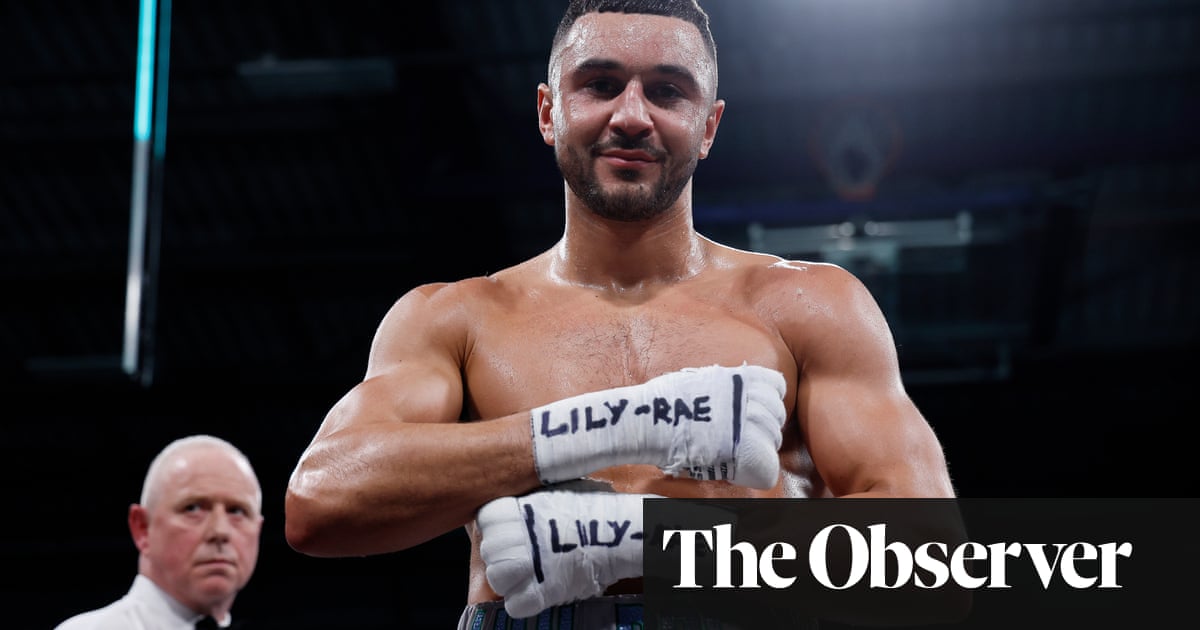Billions of Russian state funds frozen in the European Union should be used to aid Ukraine, the EU’s top diplomat has said.
Kaja Kallas, the EU’s high representative for foreign affairs and security, told the Guardian and four other European newspapers that Ukraine had a legitimate claim for compensation and that Russian assets held in the EU were “a tool to pressure Russia”.
The EU has already begun skimming the profits off Russian assets held in the bloc for Ukraine, but has balked at seizing the entire sum (€210bn in the union) because of doubts about the legality of such a move. The EU holds more than two-thirds of Russia’s $300bn sovereign assets frozen by western allies after the full-scale invasion of Ukraine.
Kallas, a lawyer who was Estonia’s prime minister until July, predicted that despite “sensitivities … we will get there one day”, in an intervention that raises pressure on European governments to reconsider the issue.
She suggested the Russian funds would help pay the bill for “all the damage that Russia has caused to Ukraine”.
“Better to have a small bird in your hand than a big bird on the roof,” she said. “So we have the small bird in our hand [the frozen assets] and this is the tool to also pressure Russia.”
Her proposal comes amid growing questions over how to fund Ukraine in the medium term and pay its colossal reconstruction bill. Donald Trump, who has derided US aid to Kyiv, will also return to the White House next year.
In her first sit-down interview with print media since starting her new role, Kallas said Europe needed to step up aid to Ukraine if the US withdrew funding.
She added that financial support for Ukraine “is not charity”, but in the interest of Europe and the US.
“If they [the US] reduce the aid, then we need to continue supporting Ukraine, because I’m worried about what happens if Russia wins. I think we will have more wars, bigger wars,” she said.
Aiding Ukraine was “investment” in “our own security” and global security, she said, citing the involvement of North Korean soldiers in Ukraine and Chinese military exercises in the South China Sea. “China is also learning from what Russia does.”
She was speaking in her office on the 12th floor of European Commission headquarters, where the bare walls and empty shelves testified to a heavy schedule in her first 11 days.
On her first day in the post, she went to Kyiv to meet Ukraine’s president, Volodymyr Zelenskyy, who said his country needed “diplomatic solutions” only when Russia was unable to launch further attacks.
This week Poland’s prime minister, Donald Tusk, said peace talks on Ukraine could start “in the winter” but Kallas would not be drawn on dates, observing: “Russia doesn’t want those negotiations.”
Asked about recent phone calls between Vladimir Putin and the Hungarian prime minister, Viktor Orbán, on Wednesday, and the German chancellor, Olaf Scholz, last month, she said: “They [Orbán and Scholz] are doing this for domestic purposes; so I wouldn’t do it, but this is not for me to criticise.”
Foreign ministers meeting on Monday, she said, would discuss whether there was “any added value” from such diplomacy.
Ministers would assess “why some members are doing this, what they want to achieve by this and is there any added value,” Kallas said, adding: “Putin really wants to humiliate Europe. That is what we have to keep in mind all the time.”
Russia was betting on “outlasting” western allies, she said, but the war for Ukraine remained winnable.
“What we saw in Syria [is] they are not able to keep up that fight,” she said, referring to Moscow’s failure to keep propping up its long-term ally, the Syrian dictator Bashar al-Assad. Russia had been “somewhat humiliated” in Syria, while “their thoughts were elsewhere”.
Kallas took office a week before the dramatic collapse of the 54-year-old Assad regime in Syria, a development no one in the region, much less Brussels, had foreseen.
“Syria’s future is right now, quite hopeful, but still uncertain,” she said, adding that Europe’s approach to engaging with the dominant rebel group, Hayat Tahrir al-Sham (HTS), would be based on conditions, including “no radicalisation, no revenge, no retaliation”.
Kallas said it was too soon to talk about recognising Syria’s transitional government or lifting sanctions on HTS – a proscribed terrorist group in the EU and US – but that did not prevent talks. “The question at this really early stage is not the question of recognising the government. It’s rather, assessing the deeds and the direction of Syria,” she said.
The EU, Kallas said, needed a common approach to Syrian asylum seekers. Showing rapid speed, several European countries have suspended processing Syrian asylum claims, while Austria announced a “repatriation and deportation” programme.
Kallas said she had been told by her counterparts in the Middle East that some Syrian refugees in neighbouring countries were already returning on a voluntary basis. She added that EU asylum rules must be followed.
The European public wanted to know when Syrians would return, she went on. In Europe, “we have seen elections where migration is the main topic. Then it’s clear that, in several countries, this is the thing people want to hear: What happens now to the refugees? Are the refugees returning?”

.png) 1 month ago
13
1 month ago
13













































